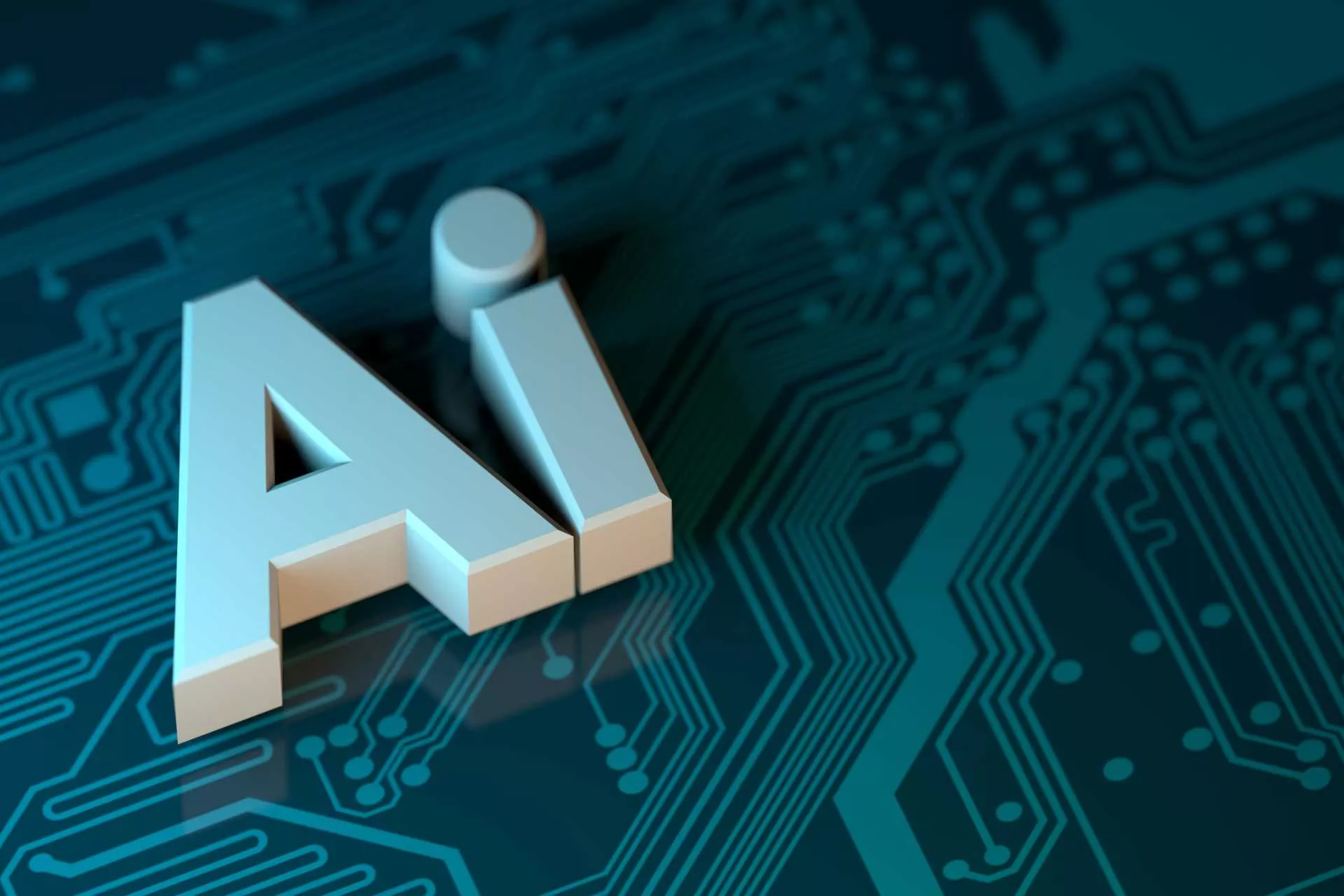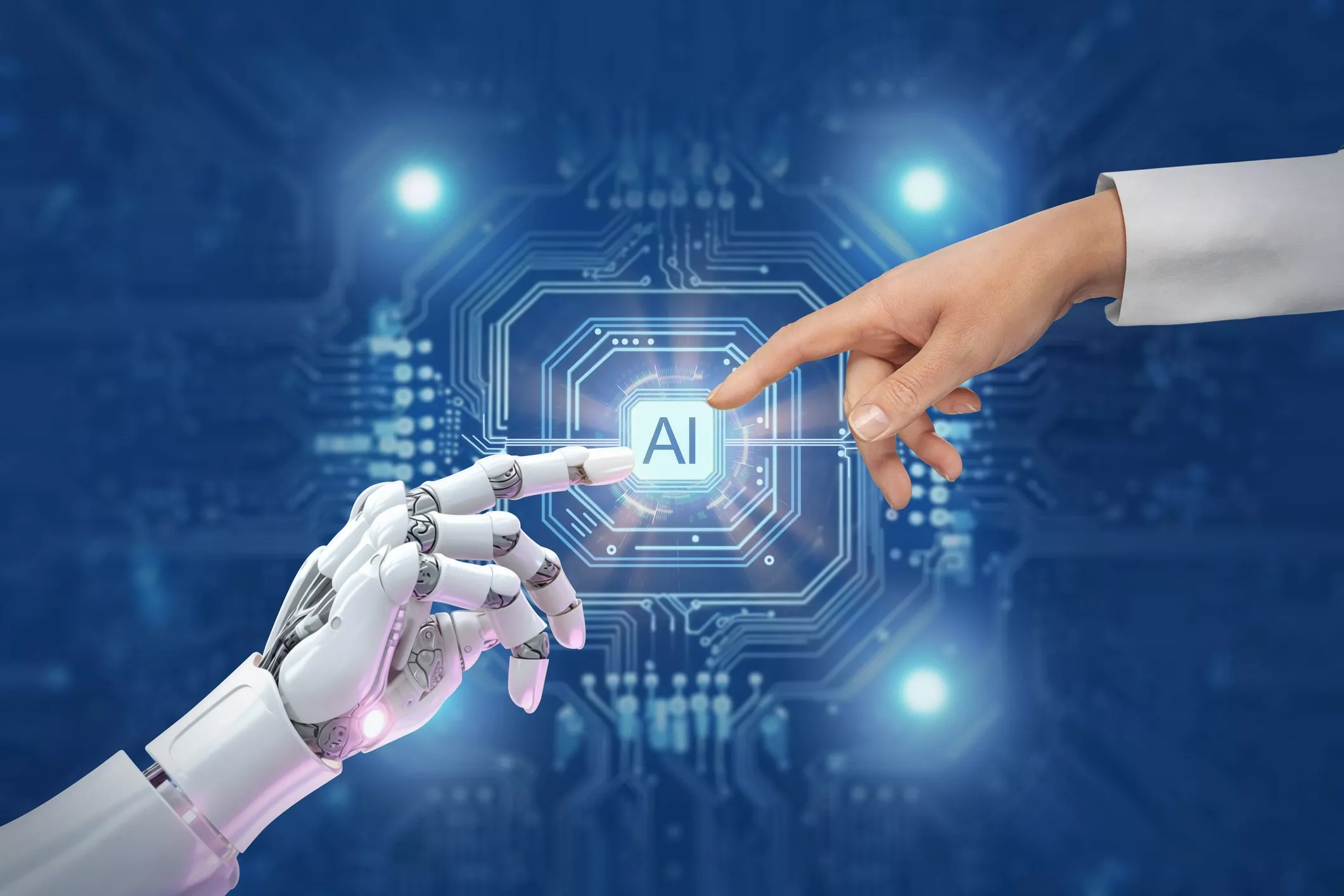
The regulation of artificial intelligence (AI) has become one of the most hotly debated issues in recent years, especially with the rapid advance of technologies that directly impact society, the economy and people's privacy. Governments around the world are mobilizing to create legislation that balances technological innovation and social protection in order to mitigate the risks associated with the misuse of AI.
The growing application of artificial intelligence in areas such as health, education, security and even the financial market is arousing not only enthusiasm, but also ethical and legal concerns. How can we guarantee that algorithms are impartial? How can personal data be protected in systems that rely on machine learning? These are just some of the questions that regulators and experts are trying to answer.
This article takes a look at the main news stories on AI regulation around the world, covering government initiatives, challenges and global trends. If you want to understand how AI regulation can shape the future of technology and society, read on!

Artificial intelligence is transforming the world in ways that were previously unimaginable. However, this transformation brings with it risks that need to be managed.
One of the biggest problems is bias in algorithms. AI systems often learn from historical data that may contain biases, perpetuating or amplifying social inequalities. For example, there are documented cases of AI discriminating against candidates in selection processes or making unfair credit decisions.
As the use of AI increases, so does the massive collection of personal data. Regulations such as the GDPR in Europe seek to protect citizens' privacy, but the challenge is to keep up with the speed of technological advances.
Another concern is ensuring that AI systems are secure and transparent. Many algorithms are black boxes, meaning they make decisions without developers or users fully understanding the process. This raises questions about liability in the event of errors or damage.
Several countries are leading the way in creating laws and guidelines to regulate AI.
The European Union is a pioneer in this field, with the AI ActThe European Commission has proposed regulations that divide AI systems into risk categories. High-risk systems, such as those used in health or justice, will be subject to strict controls.
In the United States, although there are no specific national regulations, agencies such as the FTC are beginning to monitor AI practices, especially with regard to privacy and the ethical use of data. States such as California and Illinois have also implemented specific legislation.
China, for its part, is creating regulations that balance technological innovation and government control. It recently introduced rules requiring AI systems, such as those used in deepfakes, to be clearly identified.
In Brazil, the Legal Framework for Artificial Intelligence is currently being processed. The proposal aims to establish guidelines for the development and ethical use of AI, prioritizing transparency and data protection.
Creating effective regulations for AI is no easy task. There are several challenges facing governments and organizations.
AI technology evolves faster than legislative processes. By the time a law is passed, new tools or applications may already have been developed, making it difficult to keep up.
Technology companies often argue that strict regulations can stifle innovation. This creates a conflict between stimulating technological progress and protecting the rights of individuals.
Different countries have varying approaches to AI regulation. The lack of standardization can hinder international collaboration and create uncertainty for companies operating globally.
Companies using artificial intelligence need to adapt to emerging regulations. Here's a step-by-step guide to getting started:
AI regulation will continue to evolve as new technologies and challenges emerge.
Specific rules are expected to emerge for areas such as health, finance and transportation. For example, autonomous cars may require their own regulatory framework due to the associated risks.
Governments and organizations are promoting the creation of ethical guidelines for AI development, such as ensuring that algorithms are trained on diverse and representative data.
Tools such as ChatGPT and other generative systems are on the radar of regulators, who are looking to prevent abuses such as disinformation and malicious deepfakes.
The regulation of artificial intelligence is essential to ensure that this technology is used ethically, safely and responsibly. Although challenges such as the speed of innovation and economic interests make the process complex, global initiatives show that it is possible to balance technological progress and social protection.
Companies, governments and individuals have an important role to play in this journey. Adopting transparent practices, following ethical guidelines and keeping up to date with emerging legislation are key steps to making the most of AI while mitigating its risks.
The future of artificial intelligence is promising, but it depends on collaboration between regulators, experts and society to ensure that it is a tool for progress and not for regression.